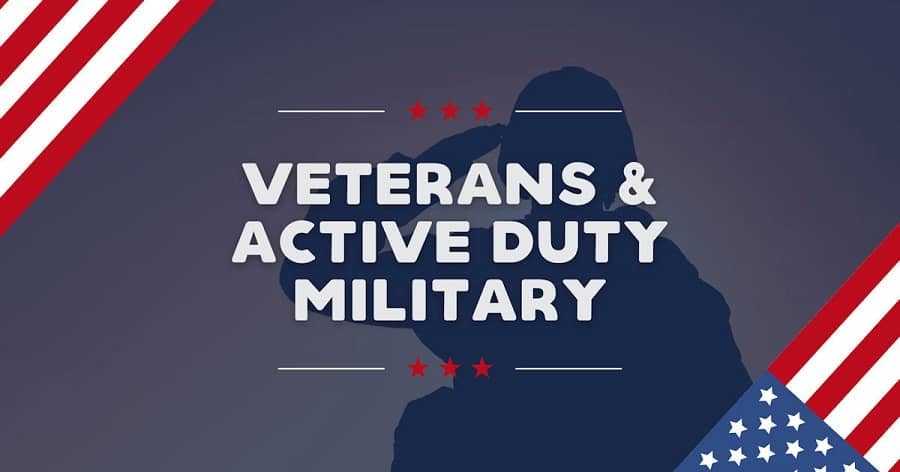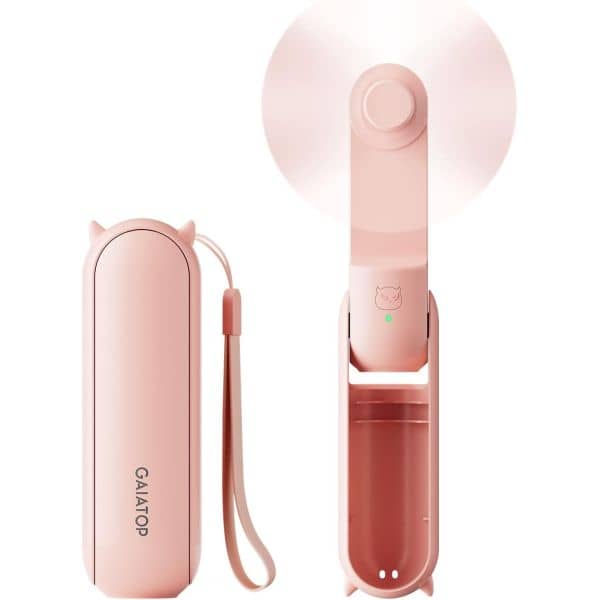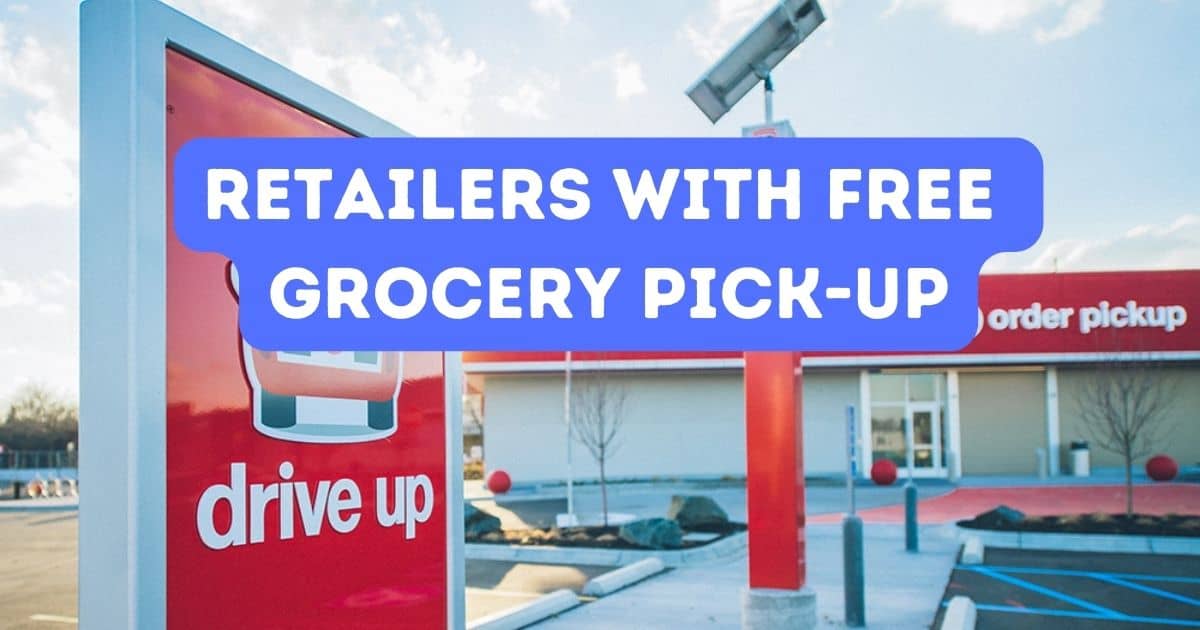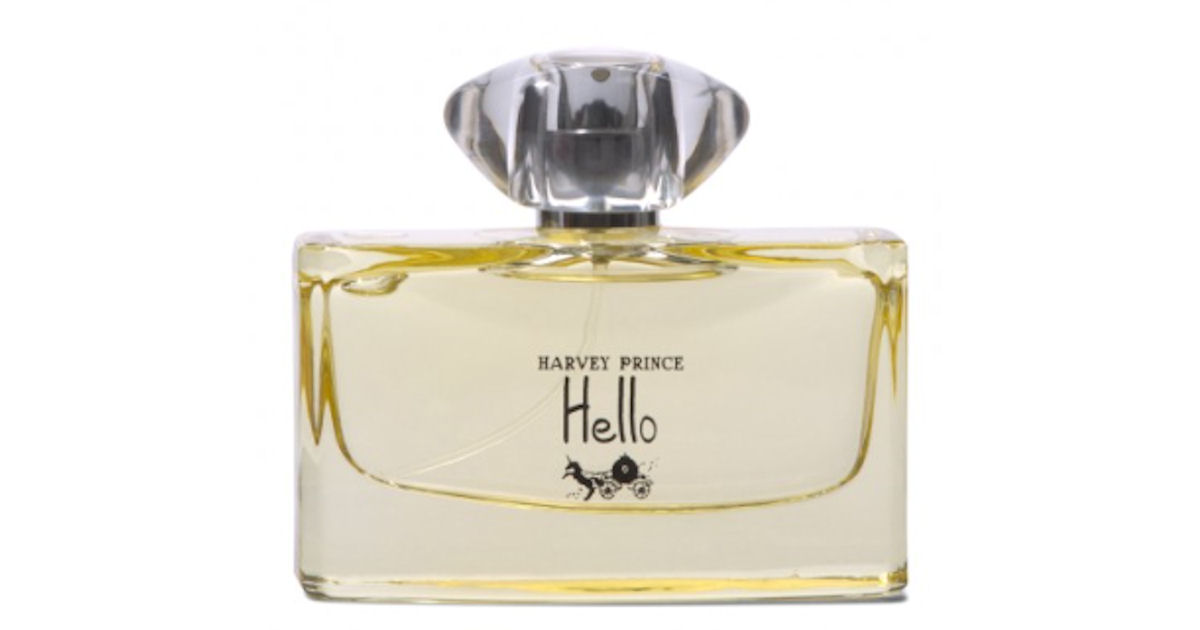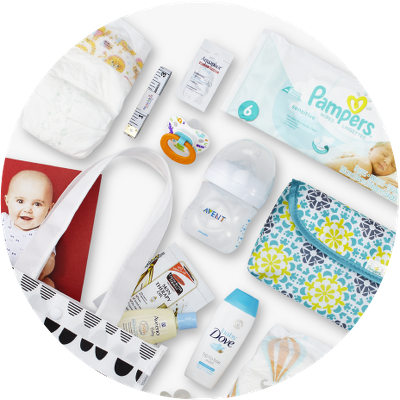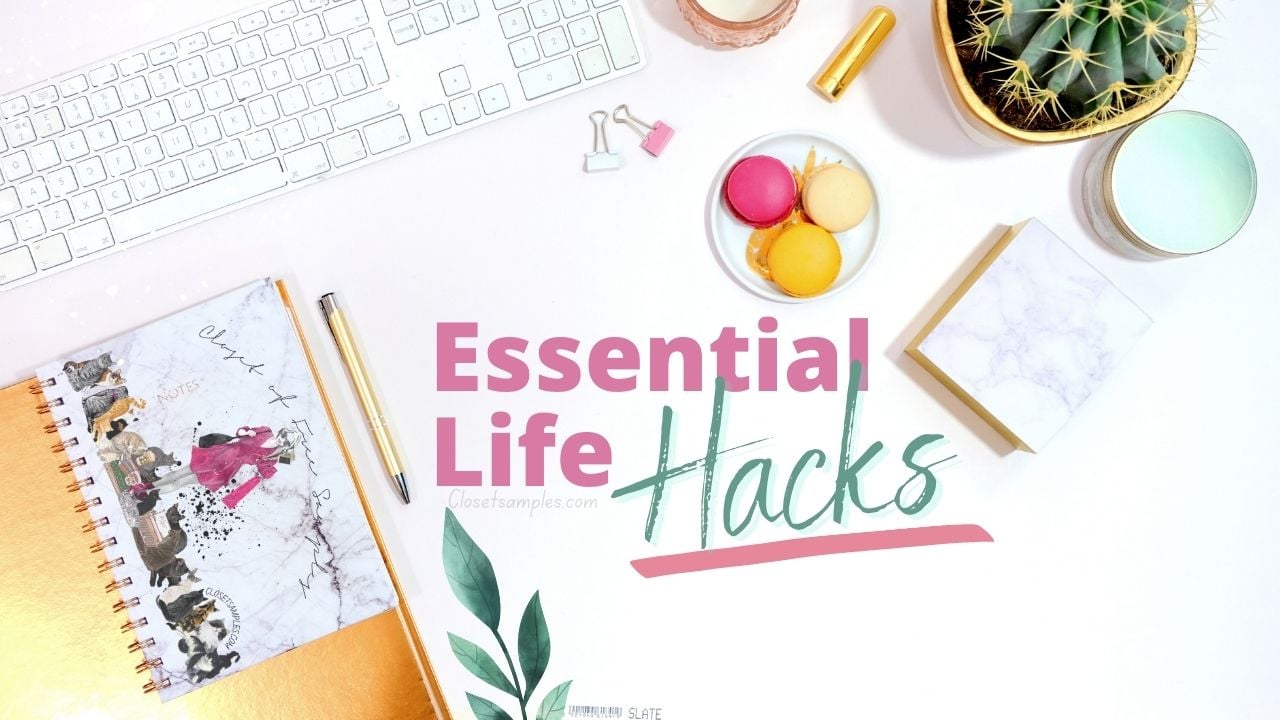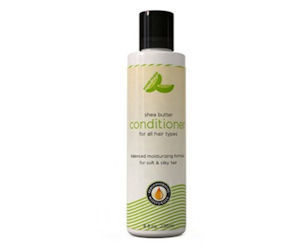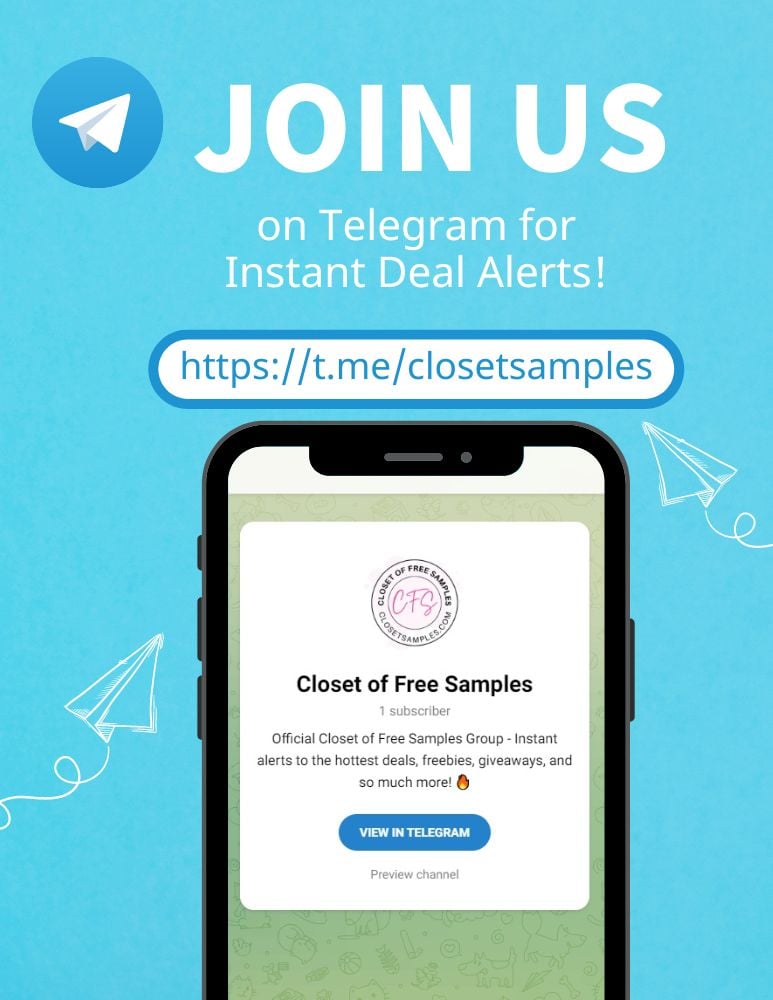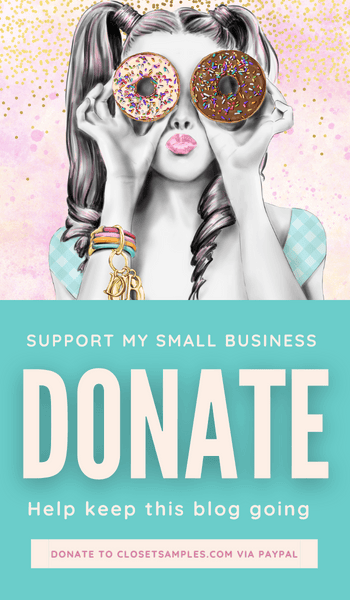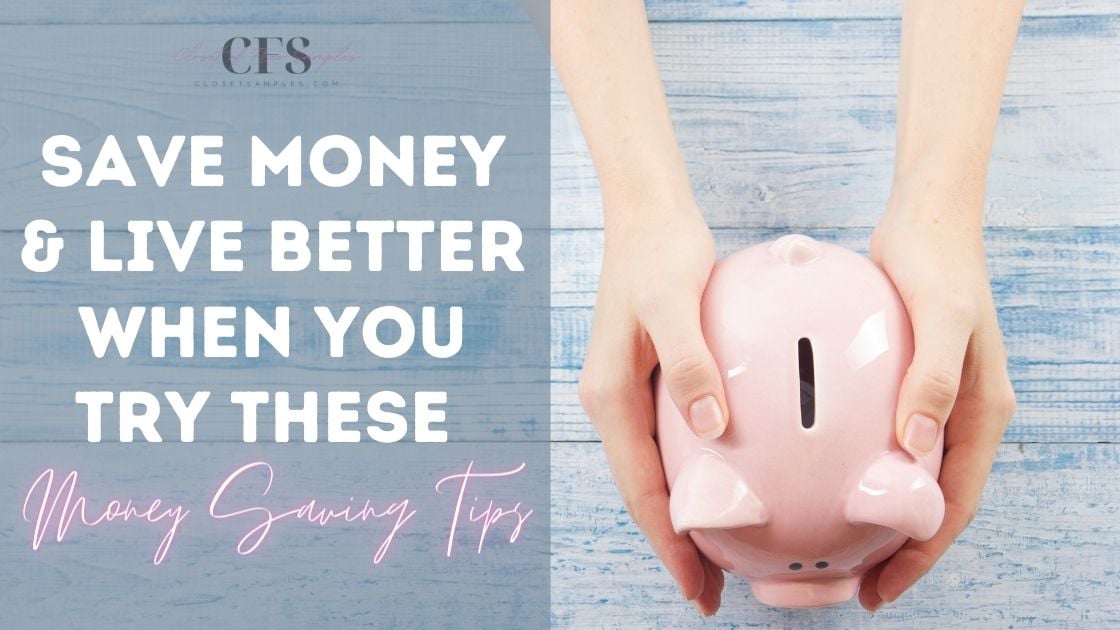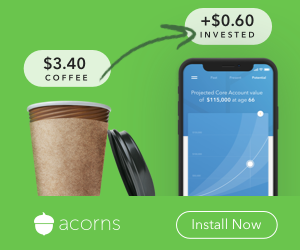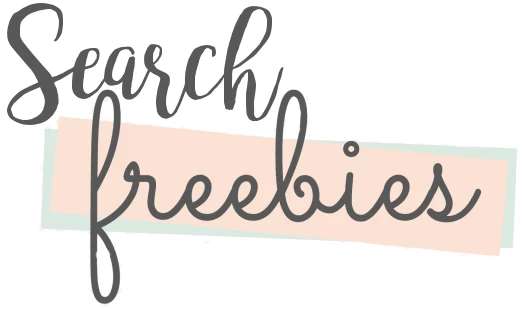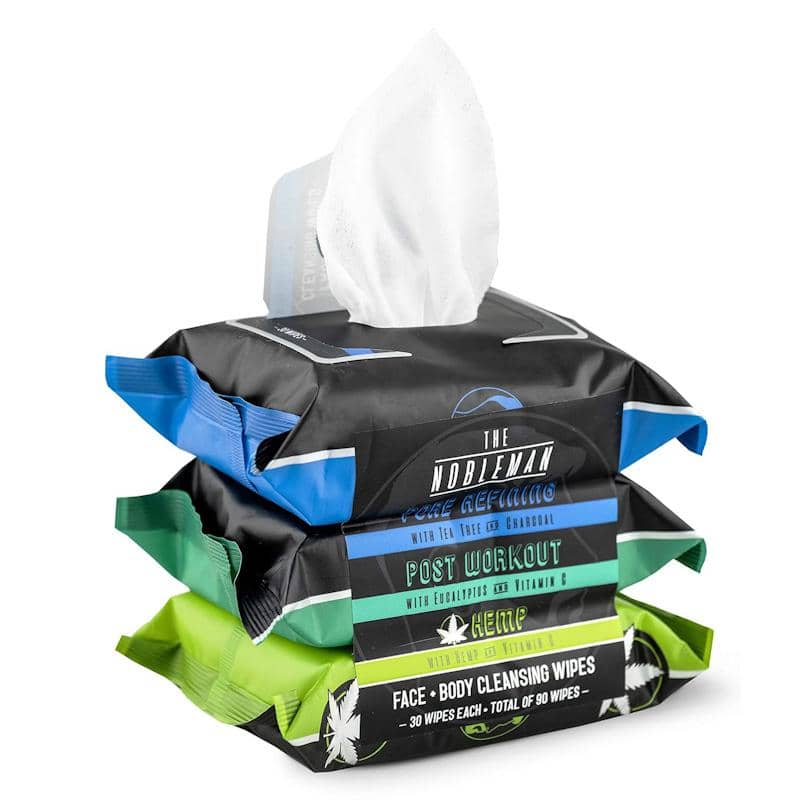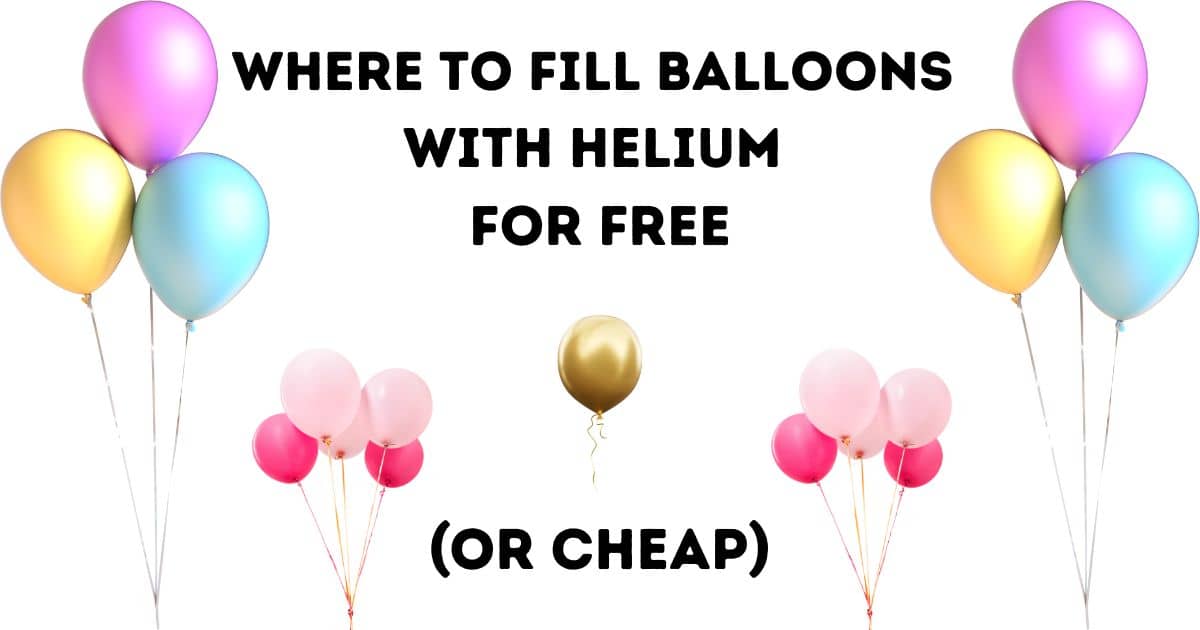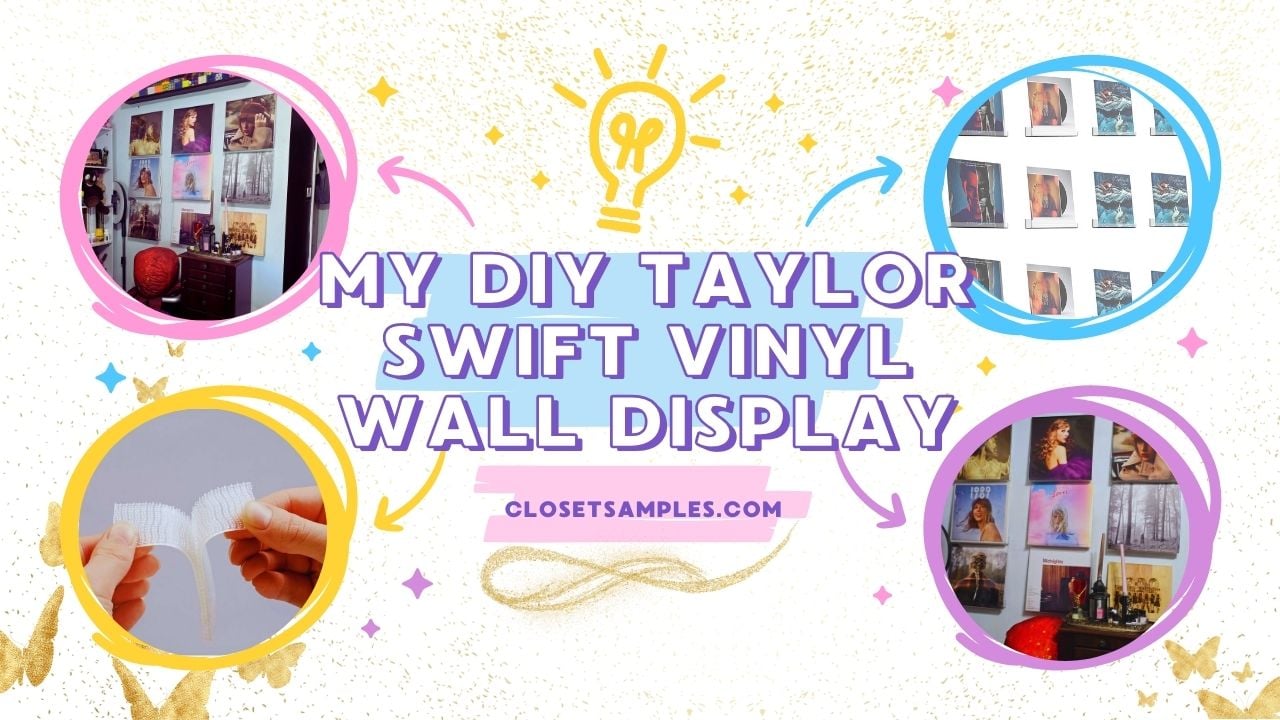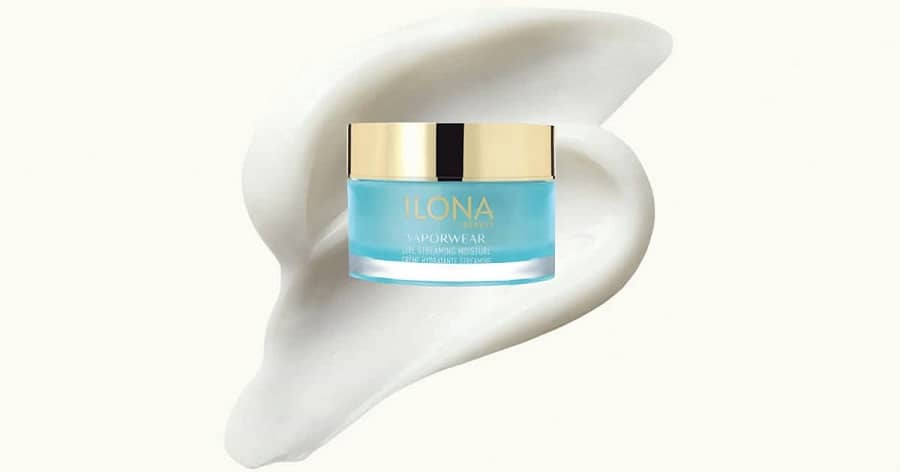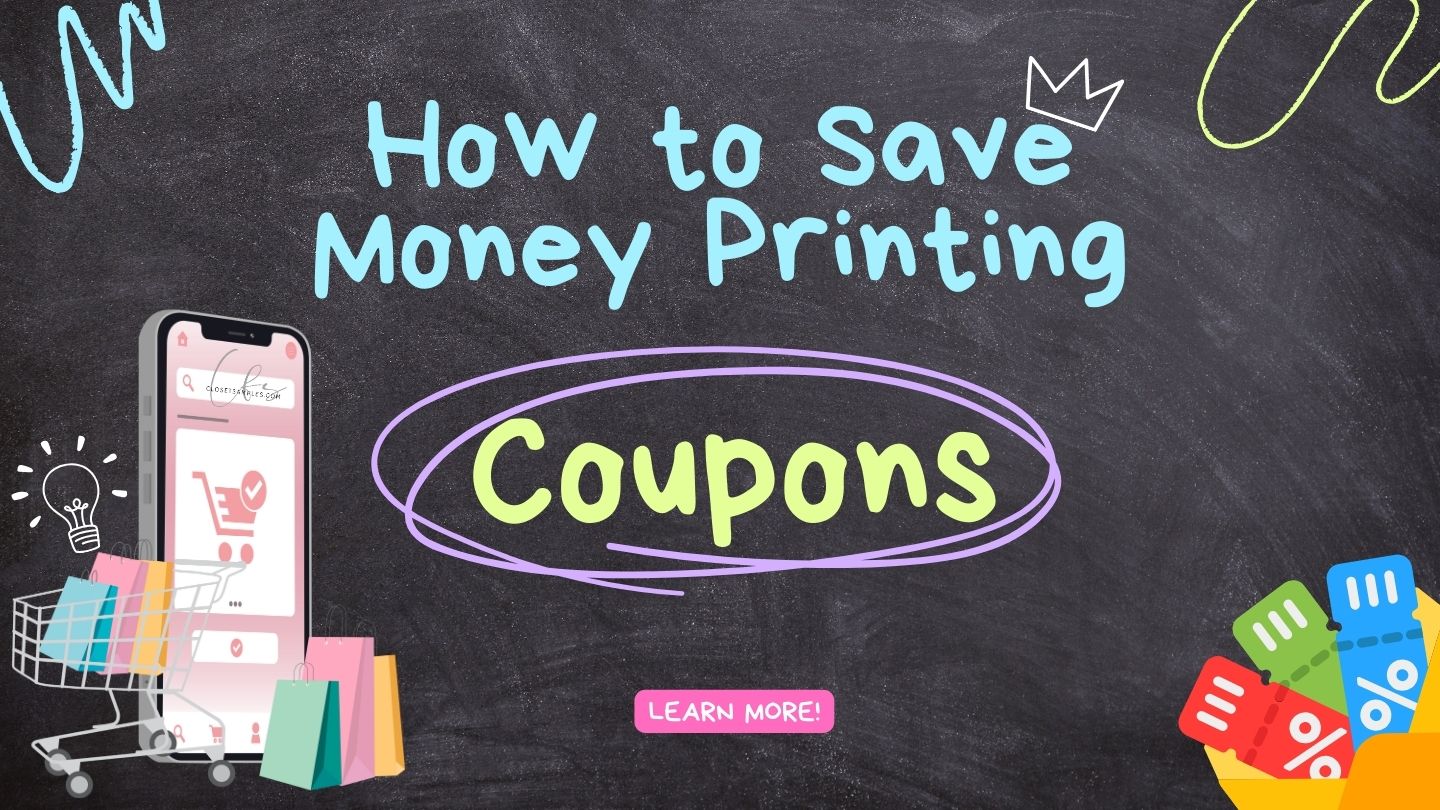In a world full of opportunities, free samples often catch our attention. In today's world, the allure of
free stuff is hard to resist. But beware, not all that glitters is gold, and the promise of a free sample can sometimes be a clever disguise for a scam. Scammers use the appeal of getting something for nothing to prey on unsuspecting consumers, often leading to stolen information, unwanted charges, or even identity theft.
So, how can you tell if a free sample offer is legitimate or a trap?
 Image credit: Freepik
Image credit: Freepik
The Anatomy of a Scam
Recognizing Red Flags
Recognizing red flags in free sample offers requires a keen eye and a healthy dose of skepticism. Here are some subtle signs to unveil the true nature of an offer:
1. The Glitz and Glamor of Unrealistic Value: An offer boasting high-end electronics, expensive designer items, or hefty cash prizes for free should immediately raise your eyebrow. Legitimate free samples are typically for lower-cost products or introductory versions, focusing on building brand awareness rather than unrealistic promises.
2. Information Hunger: Beyond Name and Address: If an offer demands excessive personal information like your social security number, birthdate, or financial details, consider it a red flag. Legitimate free samples only require name and address for delivery purposes. Any request for unnecessary information likely indicates malicious intent.
3. Shipping Charade: When "Free" Comes with a Price Tag: Be wary of offers that require you to pay for "shipping and handling." Genuine free samples usually cover the shipping cost. Remember, "free" means free, not "free with hidden fees."
4. The Facade of Professionalism: Typos, Errors, and Low-Quality Imagery: A reputable company invests in a professional online presence. Check for typos, grammatical errors, and low-quality images on the website or offer details. These signs often point towards a hastily set-up scam website.
5. Time Warp Tactics: The Pressure to Act Now: Scammers thrive on urgency. Watch out for offers claiming limited availability, expiring deals, or special promotions that pressure you into immediate action. Trustworthy offers provide ample time for consideration and informed decision-making.
6. The Fine Print Labyrinth: Hidden or Unclear Terms: Legitimate offers have clear and easily accessible terms and conditions outlining any potential charges, subscriptions, or cancellation policies. Vague or hidden information is a red flag, suggesting possible bait-and-switch tactics.
7. The Ghostly Company: When Research Yields Nothing: Take a moment to research the company offering the free sample. If you can't find reliable information about their website, address, contact details, or customer reviews, consider it a warning sign. Trustworthy companies are transparent and readily accessible.
Remember:
- Trust your gut instinct. If something feels suspicious, it probably is.
- Stick to trusted sources like brand websites or reputable deal websites.
- Use a dedicated email address for these offers to avoid cluttering your inbox.
- Never share financial information for free samples.
- When in doubt, walk away. It's better to miss out on a potential freebie than become a victim of a scam.
By recognizing these red flags and exercising caution, you can navigate the world of free samples with confidence, ensuring you only encounter genuine offers and protect yourself from falling prey to deceptive schemes.
 Image credit: Freepik
Image credit: Freepik
Too Good to Be True Offers
The enticing phrase "too good to be true" carries weight in the realm of free sample offers. It acts as a siren song, luring with the promise of high-value products or hefty rewards at no cost. But, like the mythical sirens, these offers often mask ulterior motives, designed to exploit our desire for a freebie and ultimately harm us financially or through identity theft.
Common "Too Good to Be True" Tactics:
High-End Lure: Scammers dangle the bait of expensive electronics, designer items, or hefty cash prizes as free samples. These unrealistic rewards are designed to trigger excitement and cloud our judgment, making us overlook potential red flags.
Urgency Trap: The clock is ticking! Offers often scream about limited availability, expiring deals, or special promotions, creating a sense of urgency that pressures us to act quickly before "missing out." This tactic aims to bypass our critical thinking and push us towards impulsive decisions.
Information Harvest: Beyond name and address for delivery, legitimate free samples rarely require personal information. Scammers, however, might request social security numbers, birthdates, or financial details, which can be used for identity theft or fraudulent transactions.
Subscription Surprise: Some seemingly free samples come with hidden
subscriptions that automatically charge your credit card after a trial period. Always read the fine print to understand any potential ongoing costs before signing up.
Phantom Company: If you can't find any reliable information about the company offering the free sample, be wary. Legitimate businesses are transparent and readily accessible. A lack of information is a red flag for potential scams.
Differentiating Genuine Offers:
Realistic Value: Legitimate free samples typically focus on lower-cost products or introductory versions, aiming to build brand awareness rather than unrealistic promises.
Transparency: Clear and easily accessible terms and conditions outlining any potential costs or subscriptions are hallmarks of genuine offers.
No Pressure Tactics: Trustworthy offers provide ample time for consideration and informed decision-making, avoiding urgency-based pressure.
Reputable Sources: Stick to established brand websites or reliable deal websites with a history of transparency and customer satisfaction.
Remember, while genuine free samples exist, exercising caution and recognizing "too good to be true" tactics are crucial. Don't let the allure of a freebie cloud your judgment. By staying vigilant and informed, you can safely navigate the world of free samples and avoid falling victim to deceptive schemes.
 Image credit: Freepik
Image credit: Freepik
High Shipping Costs
Scammers often lure you in with the promise of a free product, but then hit you with surprisingly high shipping and handling fees. These fees can often be more expensive than the actual product itself, making the "free" sample a complete rip-off.
Here are some ways to identify inflated shipping costs in free sample scams:
- The shipping cost is much higher than the product itself. If the shipping cost is more than the value of the free sample, it's a good sign that it's a scam.
- The shipping cost is significantly higher than what it would normally cost to ship the product. You can compare the shipping cost to the rates of reputable shipping companies like USPS, FedEx, or UPS to get an idea of what it should cost.
- The company charges for "handling" fees in addition to shipping. Legitimate companies typically don't charge separate handling fees for free samples.
- The company requires you to pay for shipping upfront before you receive the product. Be wary of companies that ask you to pay for shipping before they send you the free sample.
Here are some tips to avoid falling victim to free sample scams with high shipping costs:
- Do your research before you sign up for any free sample offer. Read reviews of the company and see what other people are saying about their shipping costs.
- Compare the shipping cost to the value of the product. If the shipping cost is more than the product is worth, it's probably not a good deal.
- Be wary of companies that charge for "handling" fees.
- Don't pay for shipping upfront before you receive the product.
- If you're unsure about an offer, it's best to err on the side of caution and avoid it.
By following these tips, you can help protect yourself from falling victim to free sample scams with high shipping costs.
Image credit: Freepik
How to Spot and Avoid Free Sample Scams
Thoroughly Research the Company
In the land of free samples, where allure beckons and caution whispers, researching the offering company becomes your shield against potential scams. Just like deciphering ancient scrolls, delving into company details unveils hidden truths and empowers informed decisions.
Why Research Matters:
Separating Fact from Fiction: Reviews, both positive and negative, paint a picture of the company's customer experience. Were shipping costs unexpectedly high? Did promised samples ever arrive? These real-life experiences offer valuable insights beyond the company's glossy marketing facade.
Verifying Contact: A legitimate company boasts a clear and easily accessible contact page. Look for phone numbers, email addresses, and even physical addresses. If these are missing or seem suspicious, proceed with caution. A ghost company offering "freebies" often holds more tricks than treats.
Building Trustworthiness: Check the company's online presence. Do they have a professional website? Are they active on social media platforms? Positive online reviews and engagement build trust, while a barren digital landscape raises red flags.
Unmasking Hidden Agendas: Legitimate companies rarely hide their terms and conditions. Scrutinize these details for any mention of automatic subscriptions, hidden fees, or data collection practices. Don't let "fine print" become a trapdoor to financial woes.
Avoiding Identity Theft: Sharing personal information with untrustworthy companies can be perilous. Research the company's privacy policy and data security measures. Are they committed to protecting your information? If doubts linger, safeguard your privacy and walk away.
Research Tools at Your Fingertips:
- Customer Review Websites: Trustpilot, Yelp, and Google Reviews offer valuable insights from past customers.
- Better Business Bureau (BBB): Check the company's BBB profile for ratings, complaints, and resolutions.
- Social Media: See how the company interacts with customers and responds to inquiries.
- Company Website: Scrutinize the "About Us" page, contact information, and privacy policy.
- Independent News Sources: Search for news articles or investigations related to the company.
Remember:
- A thorough research doesn't guarantee absolute safety, but it significantly reduces the risk of falling victim to scams.
- When in doubt, always err on the side of caution and avoid providing any personal information.
- Don't let the allure of a free sample cloud your judgment. Your information and hard-earned money are far more valuable than a fleeting "freebie."
By wielding the power of research, you navigate the world of free samples with confidence, turning "too good to be true" offers into informed choices that protect your privacy and finances. Happy sampling, but always remember, knowledge is your strongest weapon against deceit!
PRO TIP: Did you know ?!
 Image credit: Freepik
Image credit: Freepik
Verify Website Security
In the digital labyrinth of free sample offers, website security plays a vital role in protecting your sensitive information. Scammers often lurk in the shadows of insecure websites, waiting to pounce on unsuspecting individuals lured by the promise of something for nothing. Understanding website security empowers you to shield your data and navigate the online world with confidence.
Why Website Security Matters:
Protecting Personal Information: When signing up for free samples, you often provide personal details like name, address, and sometimes even email or phone number. Insecure websites lack the necessary safeguards, leaving your information vulnerable to hackers who can use it for identity theft, phishing attacks, or spam.
Preventing Financial Fraud: Some deceptive offers require credit card information for "shipping and handling" or hidden subscriptions. On insecure websites, this information can be easily intercepted by cybercriminals, leading to unauthorized charges and financial losses.
Safeguarding Privacy: In the digital age, privacy is a precious commodity. Secure websites employ encryption technologies that scramble your data, making it unreadable to anyone except the intended recipient. This ensures your interactions and information remain confidential.
Identifying Secure Websites:
The "https" Lock: Look for the padlock icon and "https://" at the beginning of the website address bar (as you see in the Closet of Free Samples web address:
https://closetsamples.com). "https" signifies a secure connection that encrypts data transmitted between your browser and the website.
Website Certificates: Secure websites hold valid SSL certificates issued by trusted authorities. Clicking on the padlock icon should display information about the certificate and its validity.
Professional Design and Content: While not a foolproof indicator, reputable companies typically invest in professional website design and high-quality content. Check for typos, grammatical errors, and low-resolution images, which can be signs of hastily created scam websites.
Independent Security Reviews: Some websites display security badges or seals from independent security companies. While not always reliable, they can offer an additional layer of reassurance.
Staying Safe on Free Sample Websites:
- Avoid Websites with Red Flags: If a website lacks security features like "https" or has poor design and content, avoid providing any personal information.
- Use Strong Passwords: Create unique and complex passwords for each website you use, especially those requiring sensitive information.
- Be Wary of Unusual Requests: Legitimate free samples rarely require excessive personal information like social security numbers or financial details. Be cautious of such requests.
- Use a Separate Email Address: Consider creating a dedicated email address for signing up for free samples to avoid cluttering your personal inbox with spam or potential phishing attempts.
- Never Share Financial Information: Remember, genuine free samples rarely require upfront payment or credit card details.
By understanding website security and exercising caution, you can transform free sample offers from potential pitfalls into safe and enjoyable experiences. Remember, your data is precious, and protecting it is your responsibility. Be vigilant, research companies, and prioritize secure websites to navigate the online world with confidence and enjoy the genuine freebies that await!
 Image credit: Freepik
Image credit: Freepik
Read the Fine Print
In the world of free samples, where excitement dances with potential pitfalls, the fine print often plays a mischievous role. Just like a cryptic riddle, it holds the key to hidden truths and can save you from unexpected surprises.
Reading the fine print, though tedious, is crucial for navigating the free sample landscape with informed caution.
Why Read the Fine Print:
Unmasking Hidden Costs: Free samples often come with "shipping and handling" charges, which can be surprisingly high. The fine print reveals these hidden fees, preventing you from being caught off guard by unexpected costs.
Avoiding Automatic Subscriptions: Some offers lure you in with a free sample but automatically enroll you in a paid subscription after a trial period. The fine print clarifies these terms, allowing you to opt out before falling victim to unwanted charges.
Protecting Your Privacy: Companies often collect your information when you sign up for free samples. The
fine print discloses their data collection practices and how your information might be used, empowering you to make informed choices about sharing your data.
Understanding Cancellation Policies: Cancelling a subscription after a trial period can be tricky. The fine print outlines the cancellation process, ensuring you know how to withdraw from unwanted services without hassle.
Avoiding Legal Pitfalls: The fine print might contain disclaimers or limitations of liability that protect the company from certain legal issues. Understanding these terms helps you manage your expectations and avoid potential legal entanglements.
How to Read the Fine Print Effectively:
- Don't just scroll: Take the time to read every word carefully. Look for sections titled "Terms and Conditions," "Privacy Policy," or "Subscription Details."
- Focus on key areas: Pay close attention to information about costs, subscriptions, data collection, cancellation policies, and limitations of liability.
- Use a dictionary: If you encounter unfamiliar legal terms, look them up to understand their meaning.
- Don't hesitate to ask: If something is unclear, contact the company directly for clarification before accepting the offer.
Remember:
- The fine print exists for a reason. Ignoring it can lead to unexpected costs, unwanted subscriptions, and privacy concerns.
- Don't be afraid to walk away if the terms and conditions don't align with your expectations.
- Your time and information are valuable. Reading the fine print empowers you to make informed decisions and protect yourself from potential harm.
By approaching free sample offers with a healthy dose of skepticism and making the fine print your trusted ally, you can transform them from potential traps into enjoyable experiences that enrich your life without compromising your privacy or finances. So, next time you encounter a free sample offer, remember, the devil is often in the details, and the fine print holds the key to unlocking a safe and rewarding journey.
Image credit: Freepik
Search the latest Free Samples
Bonus freebie offers
 Image credit: Freepik
Image credit: Freepik
Frequently Asked Questions (FAQs)
Are All Free Samples Scams?
While it's true that there are many scams involving free samples, not all free samples are scams. There are legitimate companies that offer genuine free samples as a way to promote their products or services. However, it's essential to be cautious and aware of the red flags that may indicate a scam.
Here are some tips to help you distinguish between legitimate and scam free samples:
Legitimate Free Samples:
- Offered by reputable companies: Look for offers from well-known and established brands you recognize and trust.
- Realistic value: The free sample is likely a small-sized product or a trial version of a service, not a high-end item or a large sum of money.
- Transparent terms and conditions: Clear and easy-to-understand information about any potential costs, subscriptions, or data collection practices.
- No pressure to act quickly: Legitimate offers provide ample time for you to consider and make informed decisions.
- Secure website: Look for the "https://" and a padlock symbol in the address bar, indicating a secure connection.
Scam Free Samples:
- Unrealistic value: Promises of high-end electronics, designer items, or large cash prizes for free are red flags.
- Hidden fees: "Shipping and handling" charges can be high and unexpected.
- Automatic subscriptions: You might be enrolled in a paid subscription after the "free" sample period without your knowledge.
- Pressure tactics: Urgency to act quickly with limited availability or expiring deals.
- Vague or missing information: Lack of company details, contact information, or unclear terms and conditions.
- Unprofessional website: Typos, grammatical errors, and low-quality images can be signs of a hastily created scam website.
How Do Scammers Use Free Samples to Exploit Individuals?
Scammers use free samples as a cunning lure to exploit individuals in several ways. Here are some common tactics:
1. Stealing Personal Information: Legitimate free samples usually only require name and address for delivery. Scammers often request excessive information like social security numbers, birthdates, or financial details, which can be used for identity theft or fraudulent transactions.
2. Hidden Costs and Subscriptions:
- Shipping Charade: "Free" samples often come with inflated "shipping and handling" charges, turning the offer into a costly bait-and-switch.
- Subscription Surprise: Some seemingly free samples come with hidden subscriptions that automatically charge your credit card after a trial period.
3. Data Collection and Spam: By signing up for "free" samples, you might unknowingly consent to your data being sold to third-party companies, leading to unwanted spam and marketing emails.
4. Phishing Attempts: Scammers might use free sample offers as bait to lure you into clicking on malicious links or downloading infected files, potentially compromising your device and stealing sensitive information.
5. Building False Trust: Fake online reviews and testimonials can create a facade of legitimacy, making individuals more likely to fall for the scam.
6. Preying on Vulnerability: Scammers often target individuals facing financial difficulties, luring them with the promise of something for free, regardless of the potential repercussions.
Can I Trust Free Samples from Social Media Ads?
Trusting free samples from social media ads requires extra caution, as this is a breeding ground for scams. While some legitimate companies do advertise free samples on social media, the risk of encountering fraudulent offers is significantly higher compared to trusted brand websites or established deal platforms. Here's why you should be wary:
Increased Risk of Scams:
- Unregulated Platform: Social media platforms have less control over the content posted compared to official company websites. This makes it easier for scammers to create fake accounts and spread deceptive ads.
- Lure of Popularity: Ads often exploit trending topics, popular brands, or influencers to gain trust and entice viewers. Remember, popularity doesn't necessarily equate to legitimacy.
- Limited Information: Social media ads often lack detailed information about the company, product, or offer, making it difficult to verify their authenticity.
- Urgency Tactics: Many ads use pressure tactics like limited availability or expiring deals to pressure users into quick decisions without proper research.
What Should I Do If I've Been Scammed?
Being scammed can be a frustrating and upsetting experience, but it's important to stay calm and take action to protect yourself and potentially recover your losses. Here are some steps you can take if you've been scammed through a free sample offer:
Immediate Actions:
- Stop All Engagement: If you haven't already, cease all communication with the scammer and don't respond to any further messages or emails.
- Secure Your Finances: Contact your bank immediately and explain the situation. They may be able to cancel any unauthorized transactions or reverse charges. Change your passwords for any accounts you used during the scam, especially financial ones.
- Gather Evidence: Collect all documentation related to the scam, including emails, screenshots, receipts, and any other relevant information. This will be helpful for reporting the scam and potentially pursuing legal action.
- Report the Scam: File a complaint with the Federal Trade Commission (FTC) at ReportFraud.ftc.gov. You can also file a report with your local law enforcement agency and the Better Business Bureau (BBB). Reporting helps track scams and potentially bring perpetrators to justice.
Additional Steps:
- Monitor Your Credit Report: Keep an eye on your credit report for any suspicious activity and dispute any unauthorized charges you find.
- Protect Your Identity: Consider placing a freeze on your credit report to prevent identity theft.
- Educate Yourself: Learn more about common scams and how to protect yourself from them in the future. Resources like the FTC website and BBB offer valuable information and tips.
Remember:
- Don't be ashamed to report the scam, even if you feel embarrassed. Scammers prey on everyone, and reporting helps protect others from falling victim.
- Don't expect to recover all your losses immediately. However, taking action promptly can increase your chances of recovering some of your money.
- Stay vigilant and protect yourself from future scams. By being aware of red flags and exercising caution, you can significantly reduce your risk of becoming a victim again.
Here are some additional resources that may be helpful:
Are Free Sample Scams a New Phenomenon?
While the internet and social media have certainly amplified the reach and scale of free sample scams, the concept of exploiting the allure of "something for nothing" is far from new. In fact, free sample scams have been around for centuries, albeit with different methods and targets.
Historical Examples:
- Medieval Times: Clever merchants sometimes offered "free samples" of spices or other exotic goods that were heavily diluted or even fake. Unsuspecting buyers, lured by the promise of a bargain, would then be persuaded to purchase larger quantities at inflated prices.
- 19th Century Snake Oil Salesmen: These itinerant vendors often used "miracle cures" and free samples to trick people into buying their ineffective or even harmful potions and elixirs.
- Early 20th Century Mail Order Scams: Catalogs and mail-order advertisements frequently employed free samples to entice customers, often requiring upfront payments or hidden subscriptions that entrapped unsuspecting individuals.
Modern Manifestations:
- The Rise of the Internet: With the boom of online advertising and social media, scammers gained access to a vast audience, making it easier to spread deceptive offers and reach a wider range of potential victims.
- Sophisticated Technology: Scammers now leverage email phishing, fake websites, and social media manipulation tactics to make their offers appear more legitimate and trustworthy.
- Globalized Networks: Organized crime groups collaborate across borders, making it more challenging to track and apprehend cybercriminals behind these scams.
Despite their evolution, the core principles of free sample scams remain the same:
- Exploiting greed and desire for a bargain.
- Creating a sense of urgency and limited availability.
- Hiding the true costs and risks involved.
- Targeting vulnerable individuals.
Can I Report Free Sample Scams?
Yes, you absolutely can and should report free sample scams! Reporting plays a crucial role in protecting yourself and others from falling victim to these deceptive schemes. Here are some ways you can report free sample scams:
Federal Trade Commission (FTC): The FTC is the primary agency responsible for investigating and fighting consumer fraud. You can file a complaint online at ReportFraud.ftc.gov. The FTC uses this information to track scam trends, identify perpetrators, and take legal action when necessary.
Better Business Bureau (BBB): The BBB is a non-profit organization that promotes ethical business practices and consumer protection. You can file a complaint online at
https://www.bbb.org/scamtracker. The BBB may publish warnings about the scam on their website and contact the company to address the issue.
Local Law Enforcement: If you believe the scam involved financial crimes like identity theft or fraudulent charges, you can report it to your local police department. They may be able to investigate the case and pursue criminal charges against the perpetrators.
Social Media Platforms: If you encountered the scam on a social media platform, you can report it directly to the platform. Most platforms have mechanisms for reporting suspicious activity and fraudulent content.
Additional Resources:
- IdentityTheft.gov: This website provides resources and assistance for victims of identity theft.
- National Center for Victims of Crime: This organization offers support and resources for victims of various crimes, including fraud.
When reporting a free sample scam, be sure to include as much information as possible, such as:
- The name of the company or individual offering the free sample
- The website or platform where you encountered the scam
- The specific details of the scam
- Any screenshots or documentation you have collected
- The amount of money you lost, if any
By reporting free sample scams, you are helping to make the internet and the marketplace a safer place for everyone. Remember, every report counts!
Conclusion: Free Samples: Friend or Foe?
The world of free samples is like a treasure hunt, brimming with potential rewards and hidden pitfalls. While legitimate offers exist, navigating through deceptive tactics requires a keen eye and a healthy dose of skepticism. Remember, the allure of "something for nothing" can often mask costly surprises.
By equipping yourself with the knowledge shared in this article, you can transform yourself from a vulnerable target into a savvy seeker. Scrutinize offers, research companies, and prioritize secure websites. Don't let excitement blur your judgment – read the fine print and understand the true cost before diving in. Remember, protecting your information and finances is far more valuable than any fleeting "freebie."
So, the next time you encounter a free sample offer, approach it with cautious curiosity. Use the tools you've gained to discern friend from foe. With informed vigilance, you can turn the tables on scammers and enjoy the genuine treasures that await, enriching your life without compromising your safety. Happy sampling, but always, sample smart!
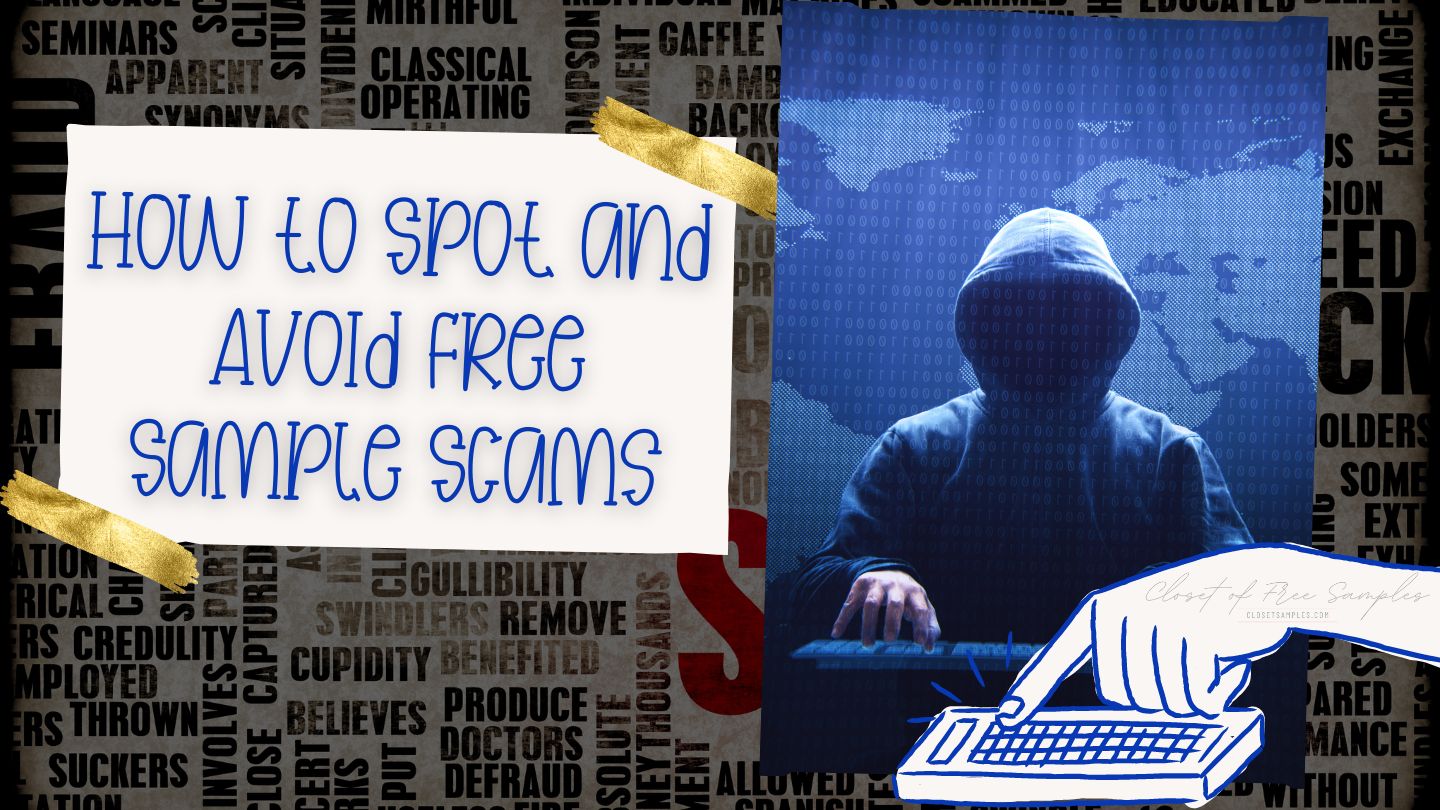
 Image credit: Freepik
Image credit: Freepik Image credit: Freepik
Image credit: Freepik Image credit: Freepik
Image credit: Freepik
 Image credit: Freepik
Image credit: Freepik Image credit: Freepik
Image credit: Freepik
 Image credit: Freepik
Image credit: Freepik



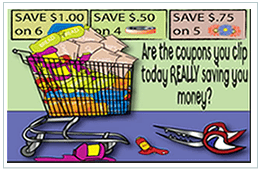 Here you will find all the best coupon advice, tips and how to make the most of all your coupons!
Here you will find all the best coupon advice, tips and how to make the most of all your coupons! Are you looking for ways to stretch your dollar?
Are you looking for ways to stretch your dollar? 

